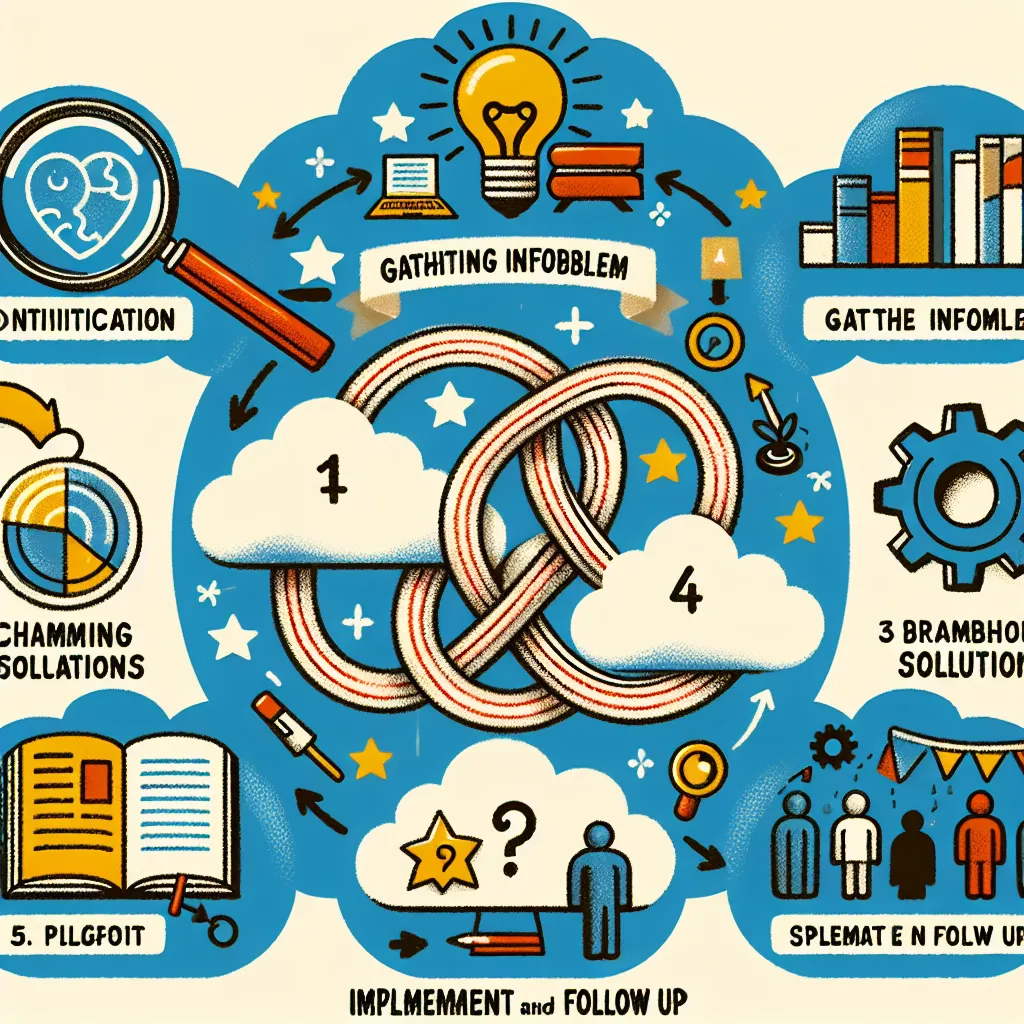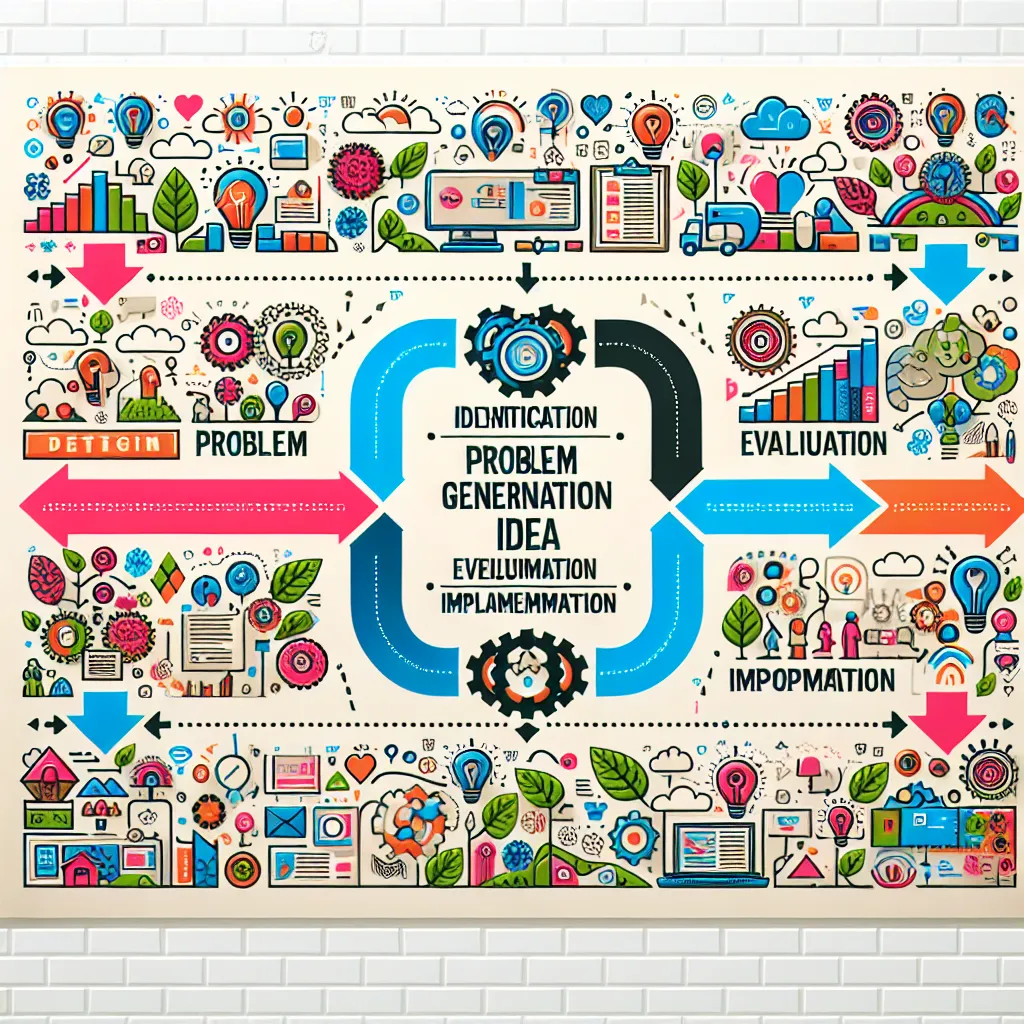Conflict management is a crucial skill that employers value highly in potential candidates. Being able to handle disagreements and tensions effectively can significantly impact team dynamics and overall productivity. In this article, we’ll explore How To Answer Questions About Conflict Management during job interviews, providing you with valuable insights and strategies to showcase your abilities in this area.
Understanding Conflict Management Questions
Conflict management questions are designed to assess your ability to handle disagreements, resolve disputes, and maintain a harmonious work environment. Interviewers use these questions to gauge your interpersonal skills, problem-solving abilities, and emotional intelligence.
Why Employers Ask About Conflict Management
Employers ask about conflict management for several reasons:
- To evaluate your communication skills
- To assess your ability to work in a team
- To understand your problem-solving approach
- To gauge your emotional intelligence
- To determine your leadership potential
 Conflict Management Interview
Conflict Management Interview
Common Conflict Management Interview Questions and Sample Answers
Let’s look at some frequently asked conflict management questions and how to answer them effectively.
1. “Describe a time when you had to deal with a difficult coworker.”
Sample Answer: “In my previous role, I worked with a colleague who often missed deadlines, affecting our team’s overall performance. Instead of complaining, I approached them privately to understand the root cause. I discovered they were overwhelmed with their workload. We collaborated to prioritize tasks and implemented a project management tool to track progress. This approach improved our working relationship and team efficiency.”
2. “How do you handle disagreements with your supervisor?”
Sample Answer: “When I disagree with my supervisor, I first try to understand their perspective fully. I schedule a private meeting to discuss the issue calmly and professionally. I present my viewpoint with supporting facts and actively listen to their reasoning. Together, we brainstorm solutions that align with the company’s goals. This approach has helped me maintain positive relationships with supervisors while contributing valuable insights.”
3. “Tell me about a time you resolved a conflict between team members.”
Sample Answer: “In a recent project, two team members had conflicting ideas about the best approach. I organized a meeting where both could present their ideas without interruption. I then facilitated a discussion to identify the strengths in each proposal. By focusing on our shared goal of project success, we were able to create a hybrid solution that incorporated the best elements of both ideas. This not only resolved the conflict but also led to a more innovative outcome.”
Tips for Answering Conflict Management Questions
- Use the STAR method (Situation, Task, Action, Result) to structure your answers.
- Emphasize your communication skills and emotional intelligence.
- Focus on positive outcomes and learning experiences.
- Demonstrate your ability to remain calm and professional.
- Highlight your problem-solving skills and creativity in finding solutions.
 Conflict Resolution Steps
Conflict Resolution Steps
Common Mistakes to Avoid
- Avoiding conflict entirely: Don’t suggest that you never experience conflicts. This may seem unrealistic.
- Being confrontational: Avoid portraying yourself as someone who escalates conflicts.
- Blaming others: Focus on solutions rather than finding fault.
- Lack of self-reflection: Show that you can learn and grow from conflict situations.
- Providing vague answers: Use specific examples to illustrate your conflict management skills.
Follow-up Questions and Suggested Answers
-
“How do you prevent conflicts from escalating?”
Suggested Answer: “I believe in addressing issues early. I practice active listening, encourage open communication, and try to find common ground before disagreements intensify.” -
“What’s your approach to conflicts caused by cultural differences?”
Suggested Answer: “I prioritize cultural sensitivity and education. I seek to understand different perspectives and promote an inclusive environment where diverse viewpoints are respected and valued.” -
“How do you handle conflicts in a remote work setting?”
Suggested Answer: “In remote settings, I emphasize clear communication, use video calls for sensitive discussions, and ensure all team members have equal opportunities to express their views.” -
“Can you describe a conflict you couldn’t resolve?”
Suggested Answer: “While I strive to resolve all conflicts, there was a situation where a colleague and I couldn’t agree on a project approach. We escalated it to our supervisor, who made the final decision. I learned the importance of knowing when to seek higher-level input.” -
“How do you manage conflicts between departments?”
Suggested Answer: “I focus on fostering inter-departmental communication and understanding. I organize cross-functional meetings to align goals and encourage collaboration rather than competition.”
Conclusion
Mastering the art of answering conflict management questions can significantly boost your chances of success in job interviews. Remember to stay positive, focus on solutions, and demonstrate your ability to turn conflicts into opportunities for growth and improvement. By preparing thoughtful responses to these questions, you’ll showcase your valuable interpersonal skills and problem-solving abilities to potential employers.
For more interview preparation tips, check out our articles on how to answer questions about productivity and how to answer leadership questions.




